Common Pain Types
Long Island Neuroscience Specialists has helped people take back their lives from pain with compassionate care and proven therapies. Learn more about the common pain types.
Go beyond the expected. That's what we do at Long Island Neuroscience Specialists. We are a team of highly skilled and experienced spine surgeons who provide comprehensive and empathetic care for patients dealing with anything from neck pain to more serious neurological conditions.
Using the most advanced diagnostic and sacroiliac joint pain treatment techniques available, we aim to get our patients back to their lives as quickly and painlessly as possible.
From spinal injections, SI joint dysfunction treatment, and physical therapy, to more invasive procedures such as surgery, We work with spine specialists to develop a treatment plan that fits your specific needs. So don't suffer in silence – call us today and let us help you get your life back.
Long Island Neuroscience Specialists has helped people take back their lives from pain with compassionate care and proven therapies. Learn more about the common pain types.
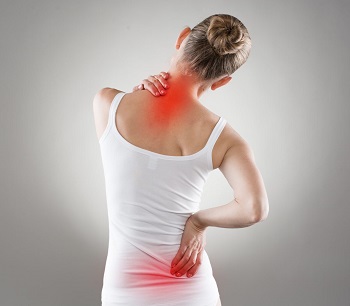
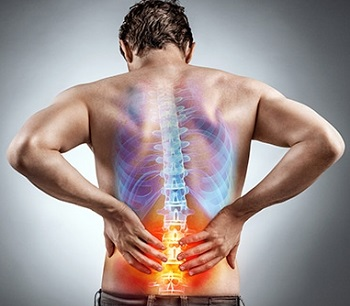
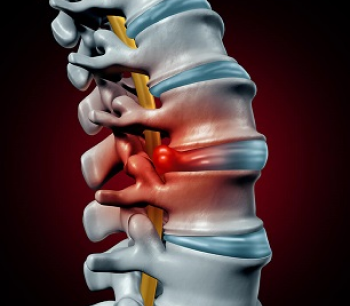
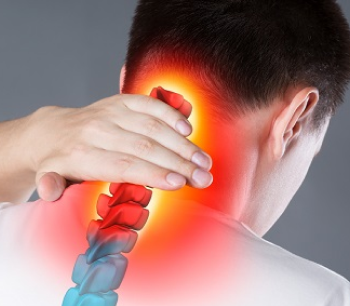
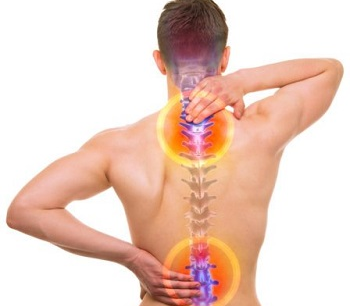
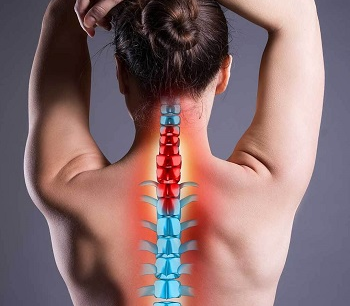
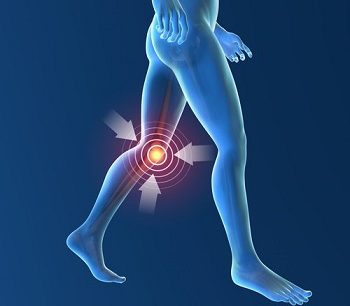
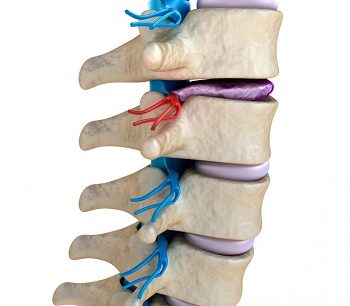
Neck and back pain happens more frequently than you might think. In fact, it’s estimated that up to 80% of people will experience some form of neck or back pain at some point in their lives.
While often the result of simple overuse or strain, neck and back pain can also be caused by more serious underlying conditions such as herniated discs, degenerative disc disease, or spinal stenosis.
The pain levels associated with these conditions can range from mild and intermittent to chronic and debilitating. And if left untreated, neck and back pain can lead to more serious problems such as nerve damage or even paralysis.
If you’re experiencing neck or back pain, schedule a consultation with one of our spine specialists. We will conduct a thorough examination and review your medical history in order to determine the cause of your pain and develop a treatment plan that’s right for you.
Also known as narrowing of the spine, spinal stenosis is a common condition that occurs when the spaces within your spine become narrowed, placing pressure on the spinal cord and nerves. This thereby results in:
Spinal stenosis is most often caused by injury or the natural ageing process as the bones and tissues of the spine begin to degenerate, which we can overcome with the help of a spine surgeon. However, spinal stenosis can also be caused by conditions such as herniated discs, tumors, or degenerative disc disease. It can also be the result of an injury.
Thankfully, there are plenty of treatment options available for those suffering from spinal stenosis. These range from conservative measures such as physical therapy and medication, to more invasive procedures such as surgery. Schedule a consultation with one of our spine specialists to find out which treatment option is best for you.
Humans have 33 vertebrae which are separated by cushions of cartilage called discs. These discs act as shock absorbers, absorbing the impact of everyday activities such as walking, bending, and lifting.
Also known as slipped disc, a herniated disc occurs when the inner gel-like substance of the disc leaks out through a tear in the outer layer. This can place pressure on the spinal cord or nerves, resulting in pain. Herniated discs can occur anywhere along the spine, but are most common in the lower back.
Herniated discs are often caused by:
While some herniated discs will heal on their own with time and rest, some may require more aggressive treatment such as physical therapy, medications, or even surgery. This is why it’s important to schedule a consultation with one of our Spine Doctor as soon as you start experiencing pain.
Degenerative disc disease (DDD) is a condition that occurs when the discs between the vertebrae of the spine begin to degenerate, or break down. This can happen as a result of the aging process, or from injury.
When the discs degenerate, they lose their ability to act as shock absorbers, which can lead to pain. DDD can also cause the spaces between the vertebrae to narrow, placing pressure on the spinal cord and nerves. This can result in:
There is no one-size-fits-all treatment for degenerative disc disease, as the best course of action will depend on the severity of your condition. However, conservative measures such as physical therapy, medications, and injections may be recommended.
In more severe cases, surgery may be necessary. Schedule a consultation with one of our spine specialists to determine the best course of action for you.
Located in the lower back, the sciatic nerve is the longest nerve in the human body. It runs from the spine all the way down to the legs. Sciatica occurs when this nerve becomes compressed, resulting in pain that radiates from the lower back down to the legs. Symptoms of Sciatica include:
Sciatica is often caused by a herniated disc, bone spur, or spinal stenosis. However, it can also be caused by pregnancy, obesity, or a sedentary lifestyle.
As for the pain, Sciatica can range from being a mild annoyance to severely debilitating. When dealing with severe sciatica, even everyday activities such as walking can become painful.
There are a number of different treatment options available for Sciatica, depending on the severity of your condition. Have our spine specialists take a look and determine the best course of action for you.
When a nerve is pinched or compressed, it results in a condition known as radiculopathy. The term “radiculopathy” covers a broad range of conditions, all of which involve nerve compression. Symptoms of radiculopathy include:
As for the cause, radiculopathy can be the result of many different conditions such as herniated discs, degenerative disc disease, spinal stenosis, and osteoarthritis.
The best course of action will depend on the underlying cause of the radiculopathy. A spine specialist will be able to diagnose the cause and recommend the best course of treatment.
Osteoarthritis is a common degenerative joint condition that occurs when the cartilage between the joints breaks down. When this happens, the bones begin to rub against each other, which can result in pain, stiffness, and inflammation.
Osteoarthritis can occur anywhere in the body, but is most common in the hips, knees, and spine. The condition is often the result of the natural aging process, but can also be caused by injury or obesity.
There is no cure for osteoarthritis, but there are a number of different treatment options available to help relieve the pain and improve joint function. Talk to our spine specialists to find out which treatment option will work best for you.
If you’re experiencing difficulties with your fine motor skills, balance, or coordination, you may be suffering from myelopathy. Myelopathy is a condition that occurs when the spinal cord becomes damaged, specifically, the myelin sheath that covers and protects the spinal cord.
Myelopathy can be caused by a number of different conditions, including:
The pain associated with myelopathy can range from mild to severe. In some cases, the pain may be intermittent, while in others it may be constant.
Whichever the case may be, our spine specialists can help you find relief and get you back to your normal self. Schedule a consultation today and we will develop a treatment plan tailored specifically for you.
At Long Island Neuroscience Specialists, we pride ourselves on providing the highest quality of care to our patients.
We understand that dealing with a spine condition can be difficult, which is why we offer a comprehensive range of services to help you find relief.
From more conservative treatments to minimally invasive spine surgery, epidural steroid injections, radiofrequency ablation (RFA), spinal cord stimulation (SCS), and more, Long Island Neuroscience Specialists has you covered.
Long Island Neuroscience Specialists are set apart because we don't only have the latest and greatest technology, but our spine specialists and clinical staff are also among the best in the industry. Both work hand-in-hand to make sure you're getting the best possible care.
So if you're dealing with a spine condition and are looking for help, look no further than Long Island Neuroscience Specialists. Schedule a consultation today and let us help you get your life back on track.
Back pain is a common condition that affects millions of people each year. The pain can range from mild to severe and can be caused by a number of different conditions.
There are two main types of back pain: acute and chronic. Acute back pain is typically the result of an injury, such as a muscle strain, and usually goes away on its own within a few days or weeks.
Chronic back pain, on the other hand, persists for months or even years and may require ongoing medical treatment to manage.
There are a number of different conditions that can cause back pain, including:
These are just a few of the most common conditions that cause back pain. If you’re experiencing back pain, it’s important to see a spine specialist to find out what is causing your pain and develop a treatment plan.
While the symptoms of back pain can vary depending on the underlying condition, there are some common symptoms that are associated with back pain, including:
These are just a few of the most common symptoms associated with back pain. If you’re experiencing any of these, you should see a spine specialist to find out what is causing your pain and develop a treatment plan.
You should see a spine specialist if you’re experiencing any of the following:
If you’re experiencing any of these symptoms, it’s best you see a spine specialist as soon as possible.
The treatment for back pain will vary depending on the underlying condition causing the pain. However, there are a few common treatments that are often used to treat back pain, including:
When you need a diagnosis for your spine, visit Long Island Neuroscience Specialists in Patchogue!
Our team of spine surgeons will help you navigate the challenges of spinal cord issues and other problems that affect the bones, muscles, and nerves in your back. We'll give you a thorough evaluation and provide a treatment plan based on your needs.
We're located at 285 Sills Road, Building 5-6, Suite E in East Patchogue, NY 11772, so it's easy to find us when you need us most.
GET IN TOUCH +
285 Sills Road
Building 5-6, Suite E
East Patchogue, NY 11772
(631) 475-5511
184 N. Belle Mead Road
East Setauket, NY 11733
(631) 675-6226
GET IN TOUCH +
285 Sills Road
Building 5-6, Suite E
East Patchogue, NY 11772
(631) 475-5511
184 N. Belle Mead Road
East Setauket, NY 11733
(631) 675-6226
SUBSCRIBE TO OUR NEWSLETTER +
Send us a Google review. Click this link and let us know how we did!
Review us on Yelp too.